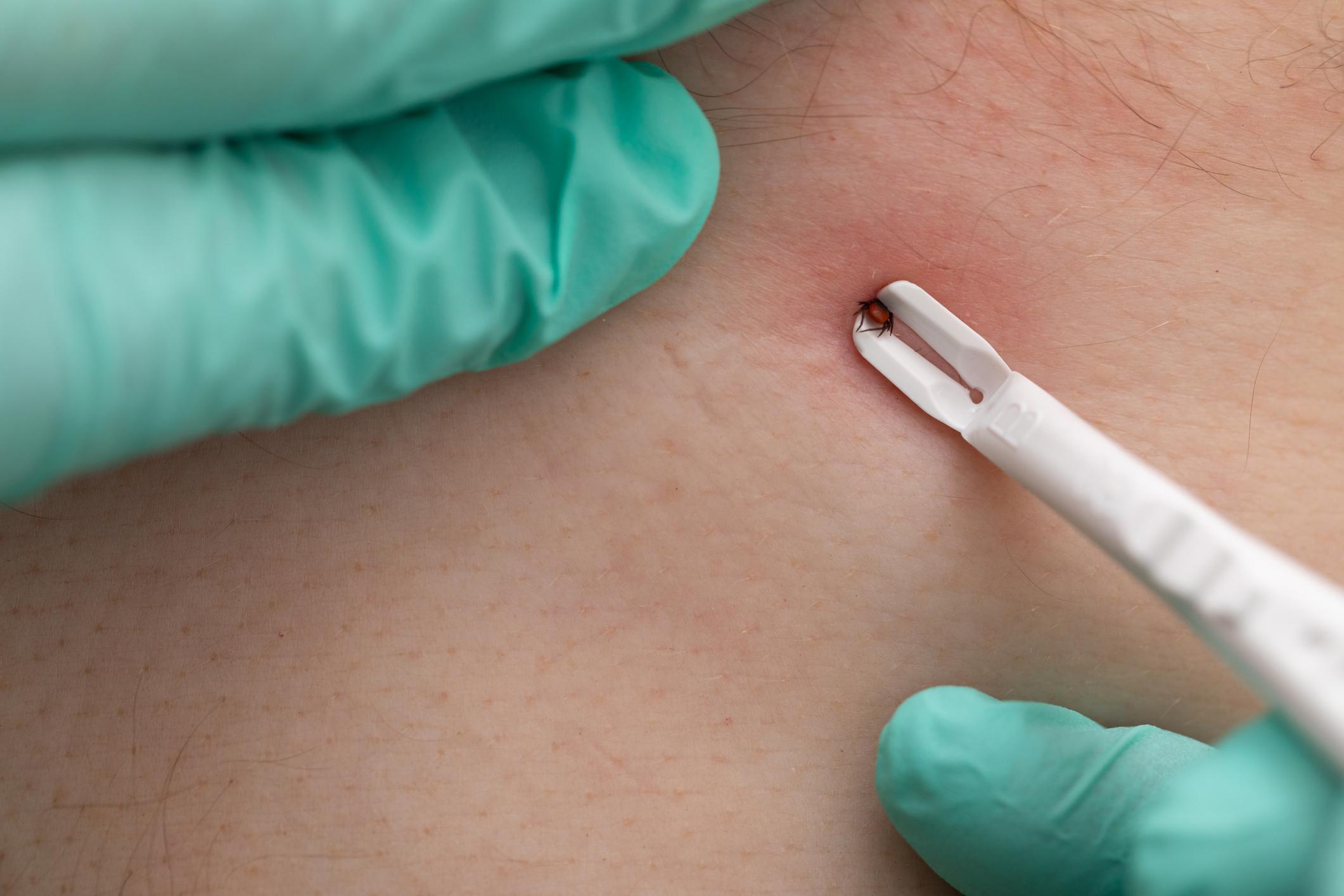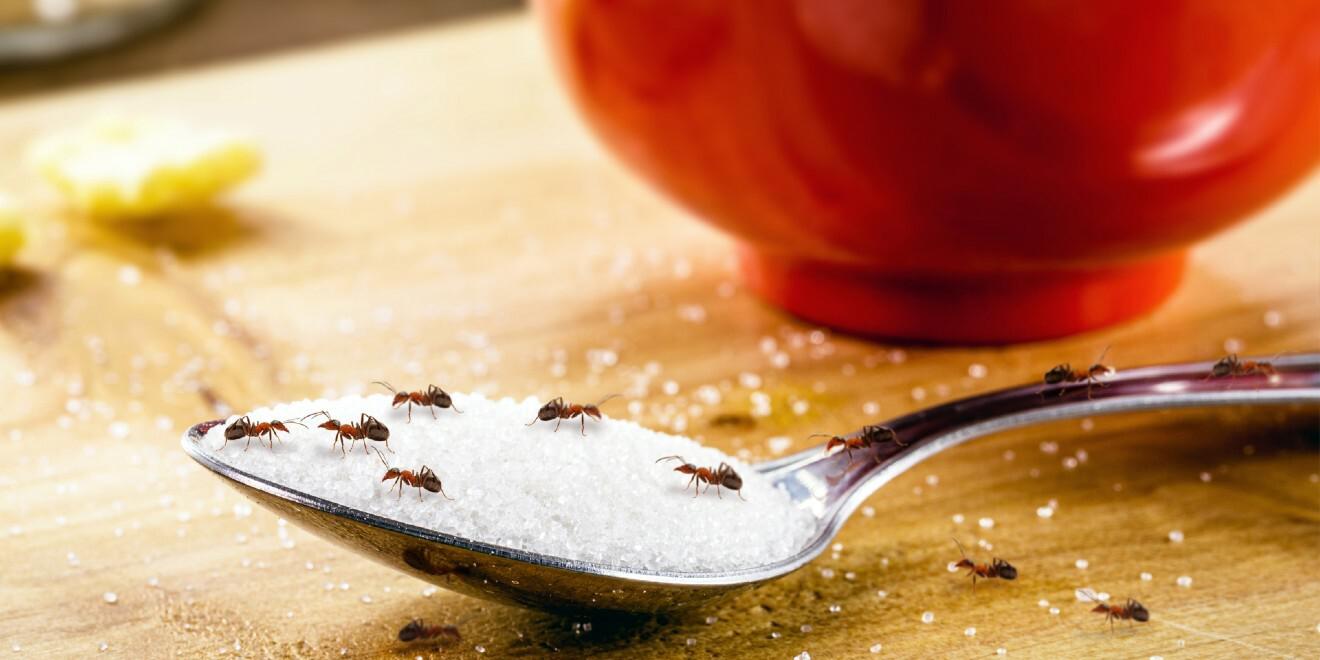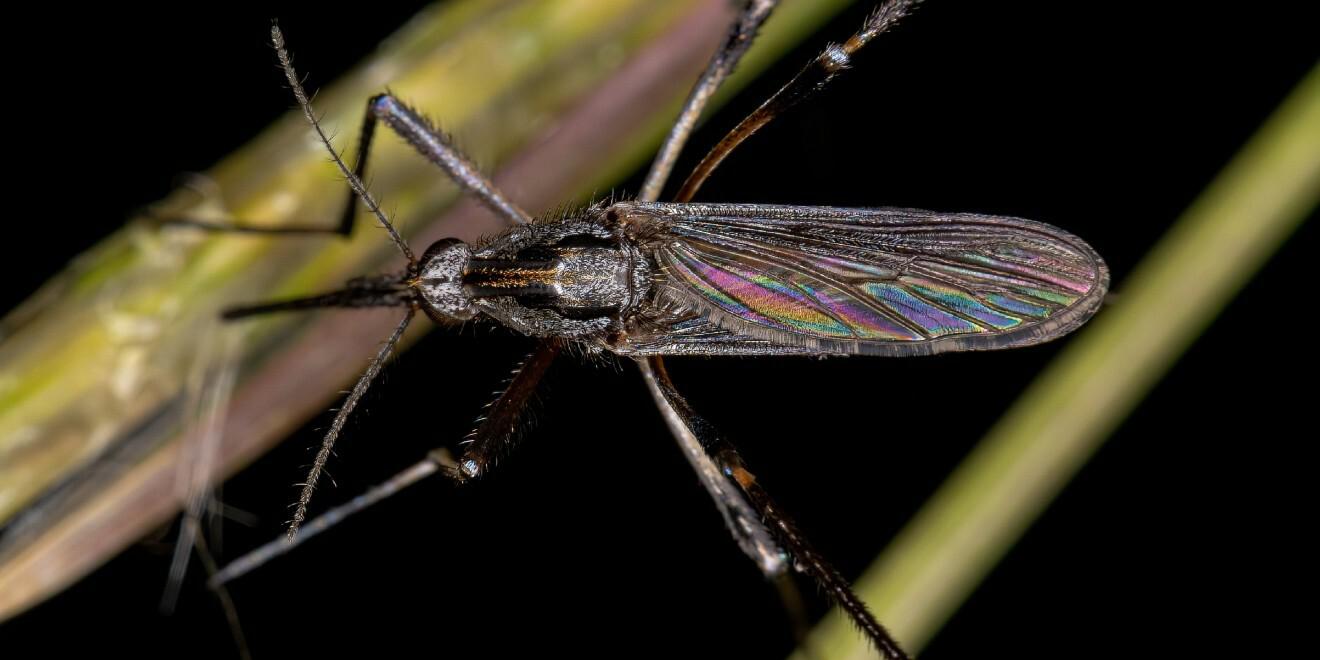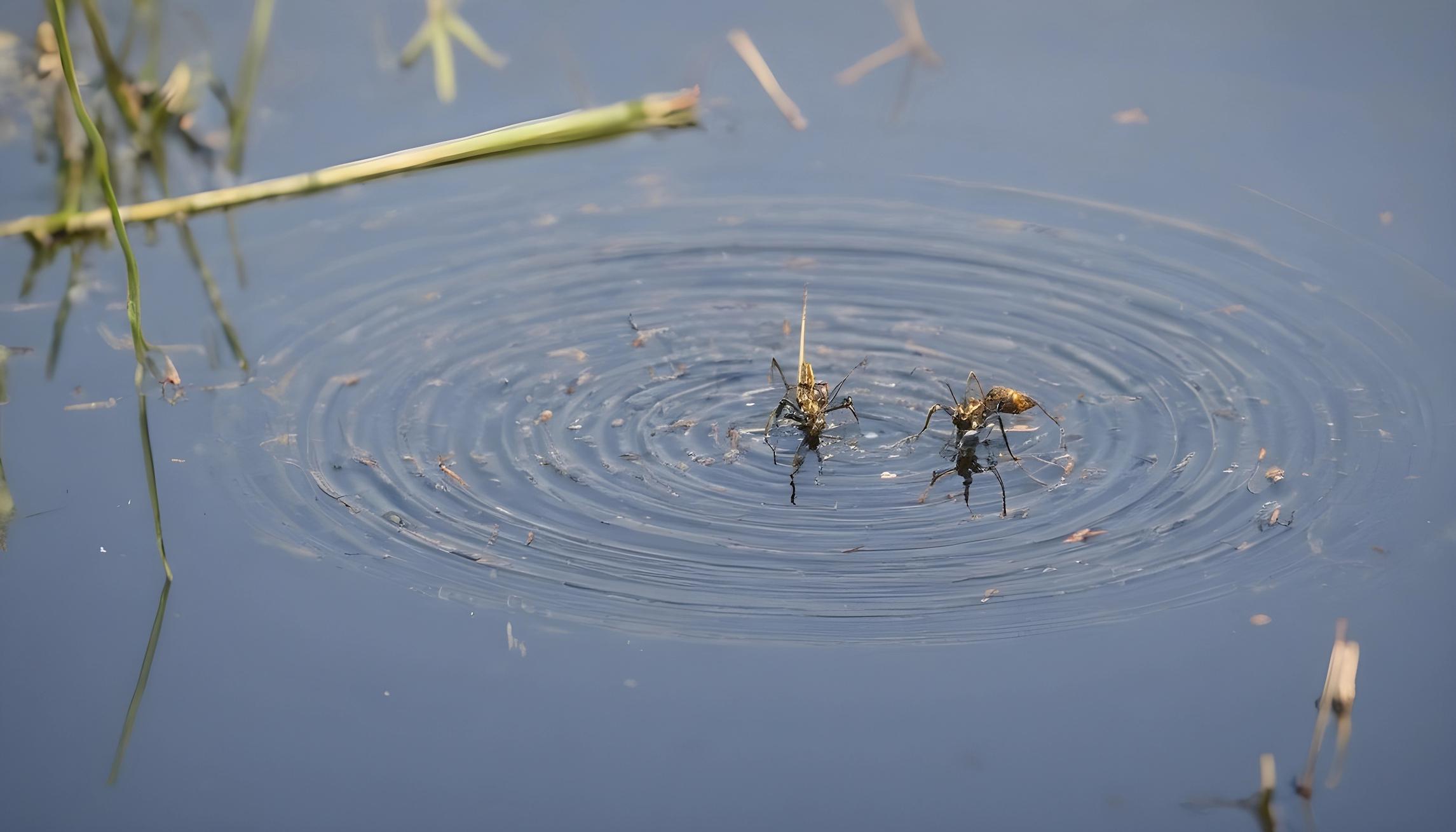Atlanta Mosquito-Borne Disease: What are We At Risk for Locally?
Posted by Mosquito Squad
December 20, 2023

From Malaria to Zika, West Nile Virus, EEE, and Yellow fever, the idea of mosquito-borne disease can be overwhelming. Moreover, while many of the world's most deadly mosquito diseases are rarely found locally – you can't ignore the possibility entirely. Each year, several mosquito-borne diseases show up in the local Atlanta mosquito populations. The Atlanta region's primary threats come from the West Nile virus, Eastern Equine Encephalitis, and LaCrosse virus. Read more about what these diseases are and how to avoid them.
Atlanta Mosquito Diseases
In the second half of summer, most years, mosquito-borne diseases are in the Atlanta mosquito population. These diseases can spread to humans from mosquito bites. All are dangerous; some are deadly.
It is essential to understand that it takes a portion of the mosquito season for these diseases to spread amongst the mosquitoes effectively.
Once that happens, mosquito control and mosquito bite avoidance measures should be taken even more seriously. The diseases prevalent in our area are:
West Nile Virus
Spread to mosquitoes from infected birds, West Nile virus often goes unnoticed in humans. In fact, as many as 80% infected never develop symptoms. However, in a small percentage of the population, a severe WNV infection can be serious and even lead to death.
Symptoms of WNV:
- 1 in 5 people infected with WNV can develop a headache, fever, body aches, joint pain, vomiting, diarrhea, or a rash. Fatigue and weakness can last a few months.
- About 1 out of 150 can experience severe WNV symptoms, which can include a high fever, headache, stiff neck, stupor, disorientation, coma, tremors, convulsions, muscle weakness, vision loss, numbness, and paralysis.
People over the age of 60 or certain medical conditions such as cancer, diabetes, hypertension, kidney disease, or organ transplant patients are at greater risk for severe WNV illness.
Eastern Equine Encephalitis (EEE)
Triple E, EEE, Eastern Equine Encephalitis is most frequently found in horses. Your veterinarian likely has you vaccinate your horses each year for EEE. If a horse is infected and not vaccinated, death is almost certain. And while it is rare to see EEE in humans, when it does happen, it can be perilous. Approximately 30% of people infected with EEE die, while those who survive often suffer ongoing neurological problems.
Symptoms of EEE:
- Fever, chills, malaise, arthralgia, and myalgia can be symptoms of a systemic EEE infection.
- Symptoms of a neurological EEE infection can include fever, headache, vomiting, diarrhea, seizures, behavioral changes, drowsiness, and coma.
LaCrosse Virus (LACV)
LaCrosse encephalitis is spread to humans by the bite of an infected mosquito. Many will have no apparent symptoms, but some who become ill can develop the severe neuroinvasive disease.
Symptoms of LaCrosse virus:
- Fever, headache, nausea, vomiting, fatigue, and lethargy can be symptoms of LACV.
- Severe nervous system disease can include seizures, partial paralysis, cognitive and neurobehavioral abnormalities. Fatal cases are rare at less than 1% and most patients recover completely.
While the Atlanta area doesn't suffer a large volume of deadly mosquito diseases like some portions of the world, it only takes one bite from an infected mosquito to cause serious health issues. Mosquitoes are annoying and can ruin your enjoyment of the great outdoors, but they also can carry some pretty scary diseases. The best method for reducing your risk at home is to avoid mosquito bites. Mosquito Squad of the Greater Atlanta Area is pleased to offer proven mosquito barrier treatment that effectively reduces mosquitoes on your property by 85-90%. Call today to request a free mosquito control quote.















